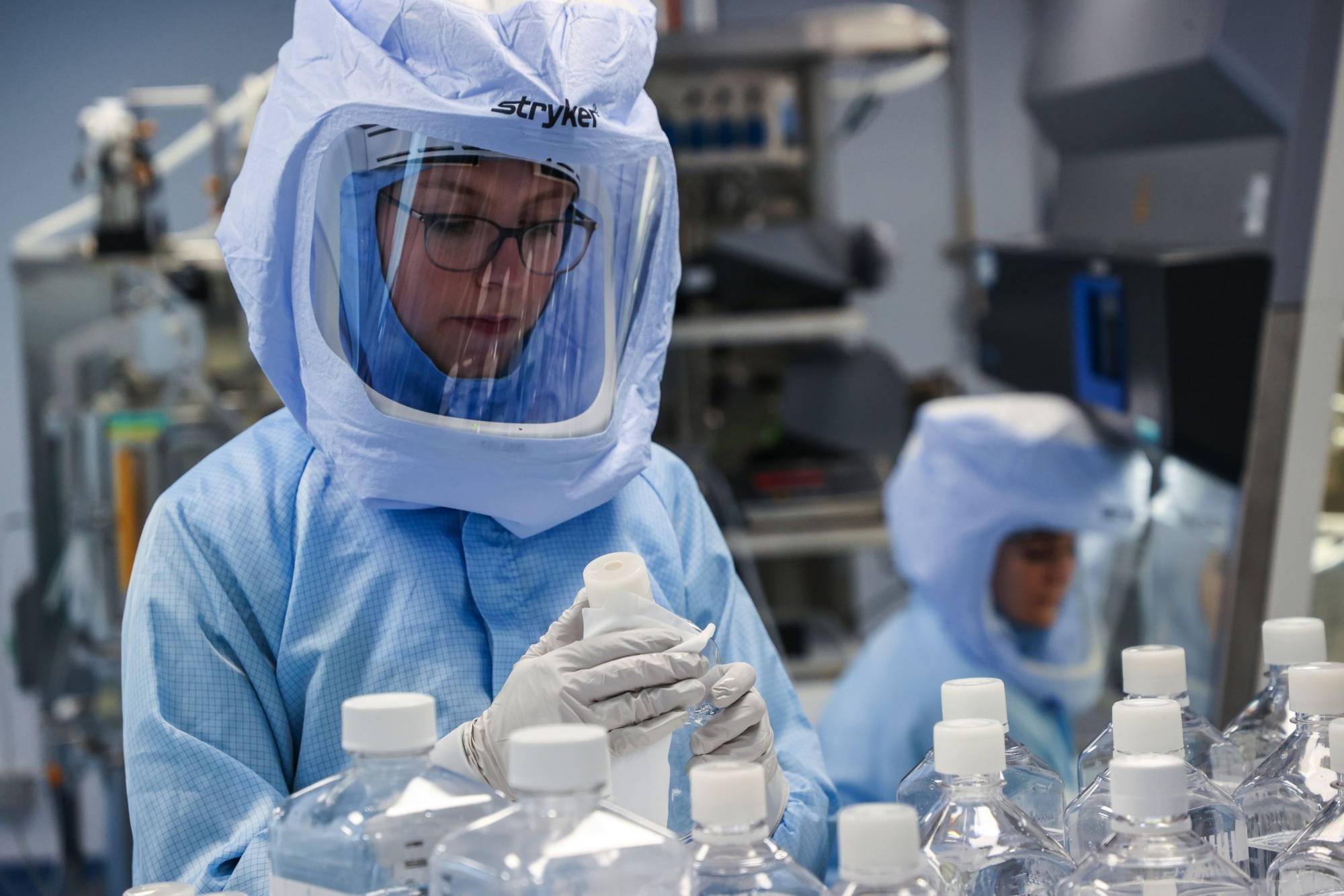The call came early in the COVID-19 pandemic. Drew Weissman, an infectious diseases professor at the University of Pennsylvania and an expert in messenger RNA, received a query from a Chinese company interested in using the new technology to make a vaccine against the coronavirus.
The technology, which effectively turns the body’s cells into tiny vaccine-making factories, has since become the breakout star of the COVID-19 era, underpinning shots made by Moderna Inc. and the Pfizer Inc./BioNTech SE partnership which have been among the most effective in fighting the disease. Before the coronavirus hit, though, the experimental science had yet to receive regulatory approval for use against any illness — let alone against the mysterious infection.
"They wanted to develop my technology in their company in China,” said Weissman, a leader in the field because of his work with research partner Katalin Kariko on discovering mRNA’s disease-fighting potential. "I told them I was interested.”

















With your current subscription plan you can comment on stories. However, before writing your first comment, please create a display name in the Profile section of your subscriber account page.